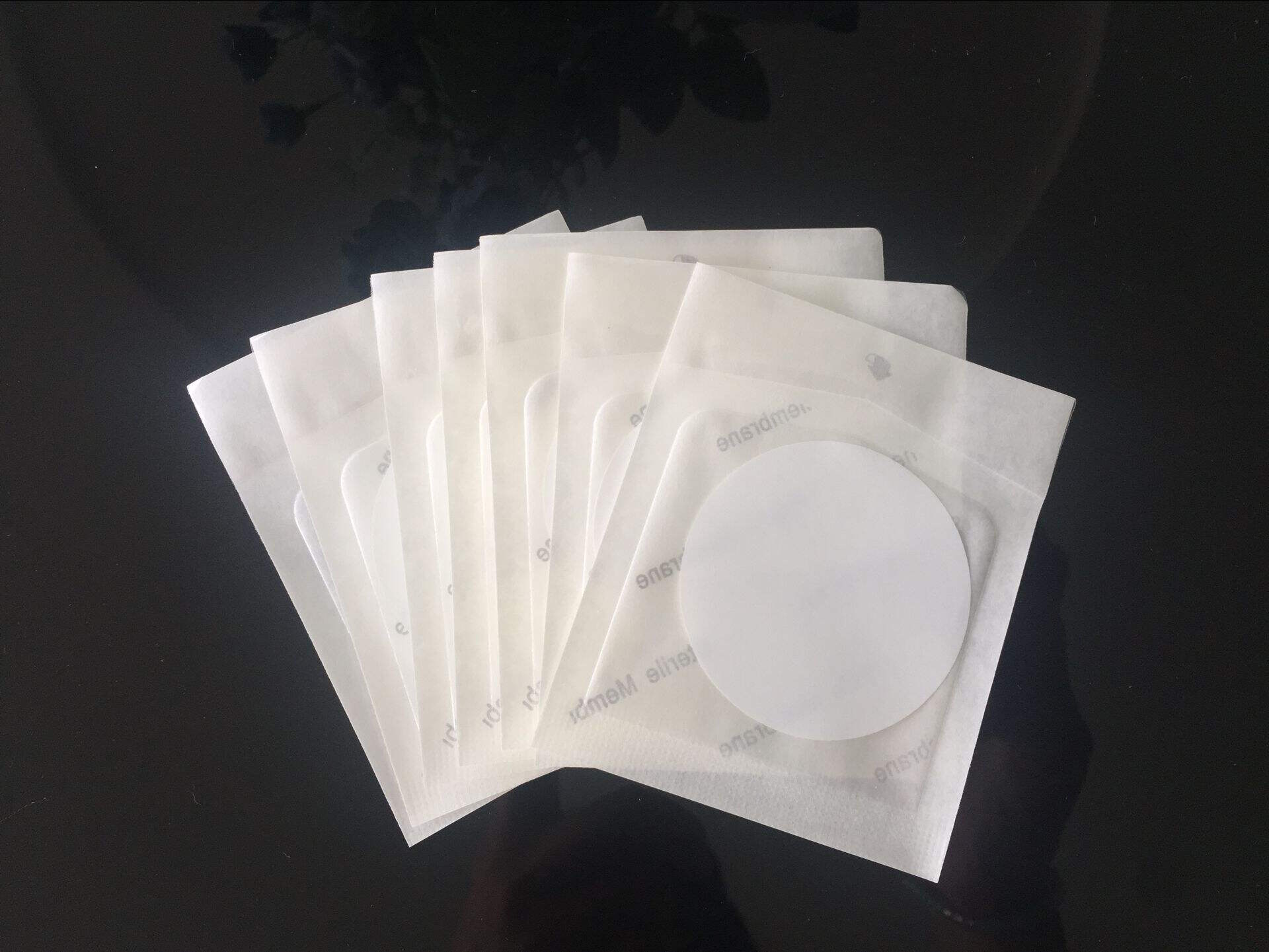мембранная фильтрация стерилизации
Мембранная фильтрация представляет собой передовой метод очистки и стерилизации, использующий специализированные мембранные материалы для эффективного удаления микроорганизмов, частиц и загрязнителей из жидкостей и газов. Этот современный метод фильтрации использует различные размеры пор, обычно в диапазоне от 0,1 до 0,45 микрометров, чтобы достичь стерильной фильтрации. Процесс работает за счет пропускания среды через полупроницаемую мембрану, которая служит физическим барьером, эффективно улавливая и удаляя нежелательные вещества, при этом позволяя проходить желаемым компонентам. Данная технология находит широкое применение во многих отраслях, включая производство фармацевтической продукции, биотехнологии, пищевой и напитковой индустрии, а также в очистке воды. Современные системы мембранной фильтрации включают несколько слоев фильтрующих материалов, каждый из которых разработан для удаления определенных загрязнителей и обеспечения оптимальной эффективности фильтрации. Процесс работает при контролируемых давлениях, сохраняя целостность продукта и достигая необходимого уровня очистки. Этот метод особенно ценится в ситуациях, требующих стерилизации при комнатной температуре, что делает его идеальным для теплочувствительных материалов и продуктов, которые не могут подвергаться традиционным методам термической стерилизации.
